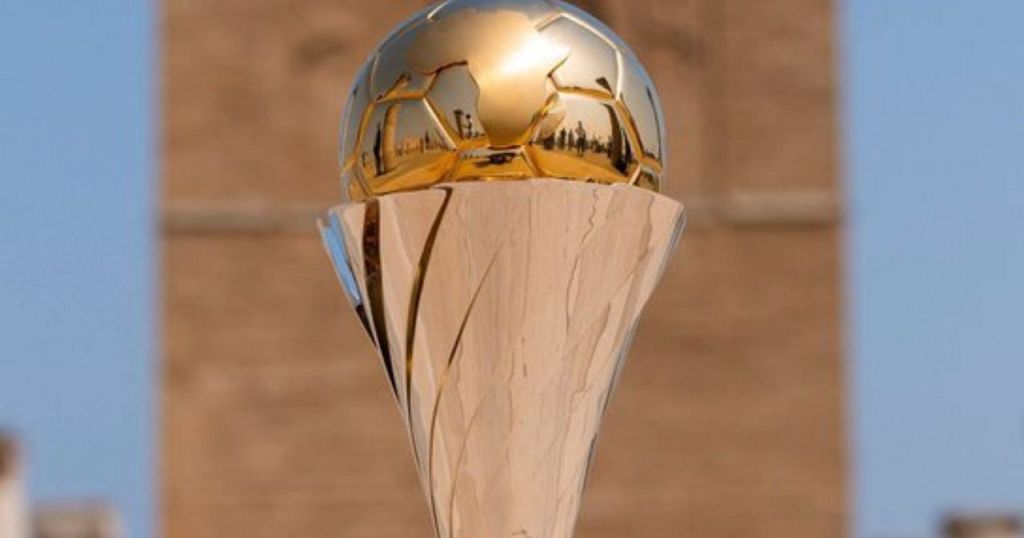The 2024 Women’s Africa Cup of Nations (Wafcon) in Morocco has reached its knockout phase after a group stage marked by unpredictability, 45 goals, and a reshuffling of expectations. As eight teams advance to the quarter-finals, the tournament reflects the growing depth of African women’s football, with established powers facing renewed challenges from ambitious contenders.
No side emerged unscathed from the group phase, with even heavyweights Nigeria, Morocco, and South Africa dropping points. Zambia and Algeria defied odds to progress undefeated, while Ghana recovered from an early setback to finish second in their group. Mali and Senegal, entering as the best third-placed teams, now aim to extend their underdog runs.
Friday’s fixtures open with a clash between nine-time champions Nigeria and Zambia in Casablanca. Despite Nigeria’s flawless defensive record and coach Justine Madugu’s cautious acknowledgment of lingering attacking struggles, Zambia’s firepower poses a significant threat. Strikers Barbra Banda and Racheal Kundananji, each netting three goals, embody their nation’s confidence. “This could be our year,” Banda declared, referencing Zambia’s 2012 men’s continental triumph as inspiration. Nigerian goalkeeper Chiamaka Nnadozie, however, remains undaunted: “I’ve studied them. Trust me, I’m ready.”
Later in Rabat, hosts Morocco face Mali. The Atlas Lionesses, led by four-goal captain Ghizlane Chebbak, tightened their defense after early inconsistencies. Coach Jorge Vilda tempered expectations, stating his squad remains “happy but not euphoric.” Mali, meanwhile, hopes captain Fatoumata Karentao returns from injury to bolster their resolve. “This stage reveals true quality,” stressed coach Mohamed Saloum.
Saturday’s action features Algeria against Ghana in Berkane. Algeria, yet to concede a goal under coach Farid Benstiti’s defensive discipline, meets a resurgent Ghana side. The Black Queens, three-time finalists, roared back with a 4-1 win over Tanzania, driven by coach Kim Lars Bjorkegren’s mantra: “Every game is now a final.”
The day concludes with South Africa defending their title against Senegal in Oujda. The reigning champions showcased attacking versatility, with seven players scoring in the group stage. Captain Refiloe Jane’s free-kick prowess underscores their threat, though coach Desiree Ellis warned, “Knockout football hinges on one moment—magic or madness.” Senegal, propelled by joint top scorer Nguenar Ndiaye, seeks a historic semifinal berth. “The objective is clear,” coach Mame Moussa Cisse affirmed.
With spots at the 2025 FIFA Women’s World Cup at stake, the quarter-finals not only test tactical mettle but also symbolize Africa’s evolving football landscape. Traditional powerhouses confront rising challengers, setting the stage for a pivotal chapter in the continent’s sporting narrative. The question lingers: will legacy prevail, or will new contenders redefine the hierarchy?
